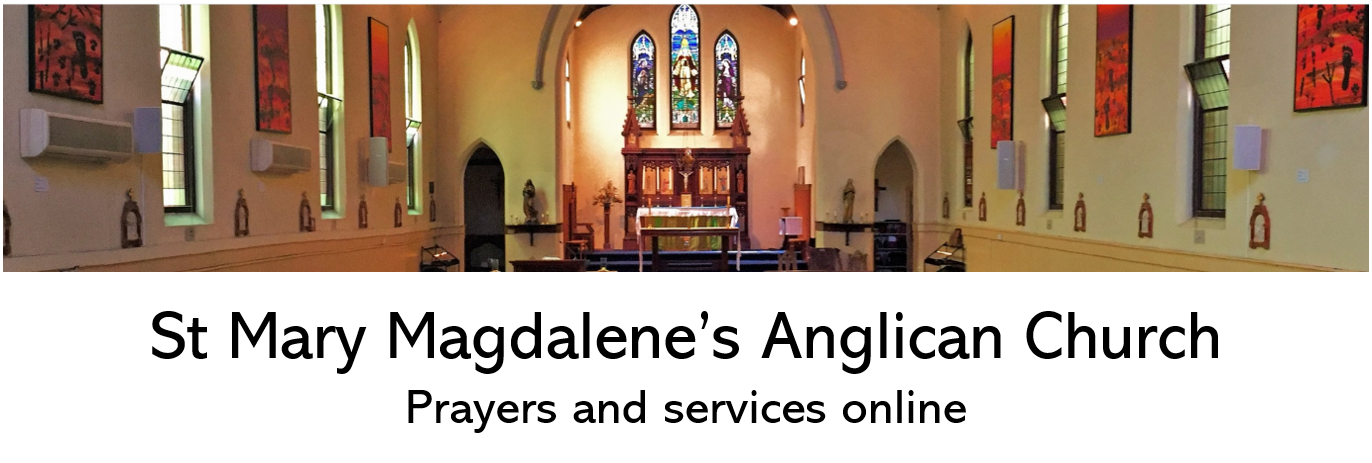Hope: the native land of the Spirit
Emily Dickinson
Sir Ninian Stephen, in his eulogy at “Weary” Dunlop’s State funeral, said that “Weary” inspired his men “through sheer nobility of character, strength of purpose and strength of body….with hope when hope was faint”.
This capacity to inspire hope in others was central to Jesus of Nazareth. He engaged in such a way with people who were trapped in seemingly hopeless situations, that they were able to respond, believing in themselves enough to take the next step towards liberation and healing.

Hope is a state of mind, not a state of the world.
It is a dimension of the soul, and it is not essentially dependent upon some particular observation of the world or estimate of the situation.
It is an orientation of the spirit, an orientation of the heart.
Vaclav Havel
Philip Toynbee talks of transfiguration as a faith where we “bring the total situation as we ourselves participate in it into the larger context which gives it a new meaning”.
Like a child’s game of joining all the numbered dots so that a picture emerges, Jesus suggests we “gather all the fragments together, so that nothing is lost”.
Hope always seeks to “redraw the picture”.
Hope stays, even in the empty places, listening for a deeper “small shy truth” to reveal itself.
Hope is born when we enter “an energy field of possibility.

Though we live in a world that dreams of ending
that always seems about to give in
something that will not acknowledge conclusion
insists that we forever begin.
Brendan Kennelly
Hope is the “something that will not acknowledge conclusion”. Colloquially we say “Hope springs eternal in the human breast”.
Does this suggest we are “hard-wired” to hope?
That we have a “genetic predisposition to unreasonable hope”?
Hope is not a matter of waiting for things outside us to get better. It is about getting better inside about what’s going on inside…. Hope is not something to be found outside us. It lies in the spiritual life we cultivate within. Joan Chittister

Jesus was able to create in others a capacity to see and express their need of what he had to offer.
Hope is a deeply inward reality, yet it reaches beyond ourselves to a power beyond ourselves.
Our imperfections and incompleteness arouse within us something that goes on indomitably expecting.
How easy is it for you to admit to incompleteness?
To need?
How easy is it to reach out for help?
No, Mother, do not weep,
Most chaste Queen of Heaven
Support me always.
“Zdrowas Mario.” (*)
* Ave Maria in Polish
For a printable PDF of the text of this meditation click on the link below.





1 Comment
Thank you, Philip, for such calming thoughts and soothing music after a day of buying a car, getting insurance on line, and trying to deal with CentreLink forgetfulness on my part. A helpful bank man face to face and a helpful Qld insurance woman working from home by phone during their Covid lockdown all add to my natural sense of hope.